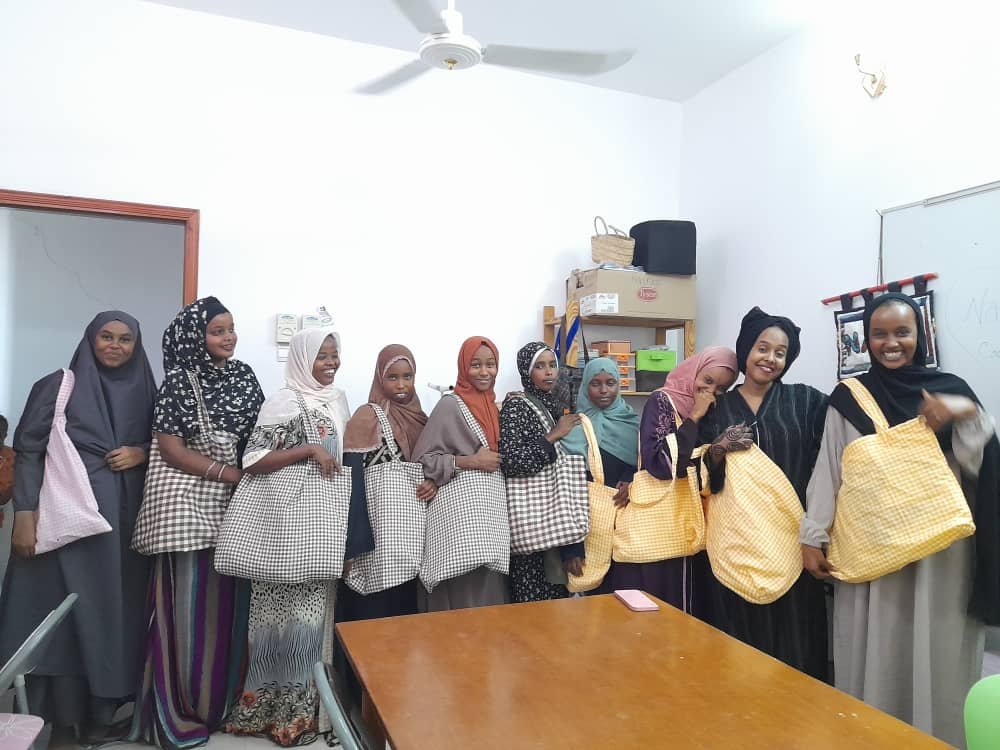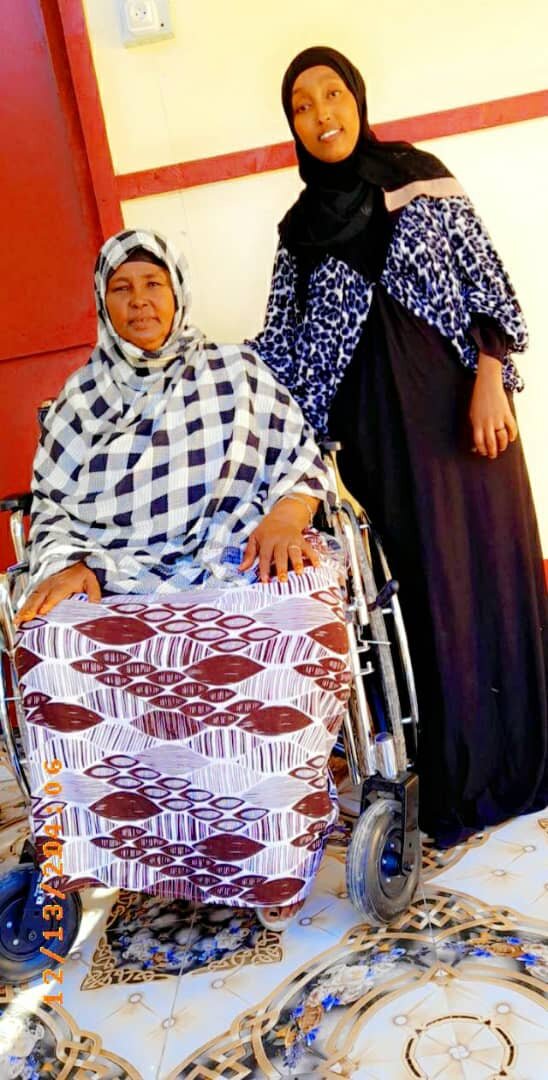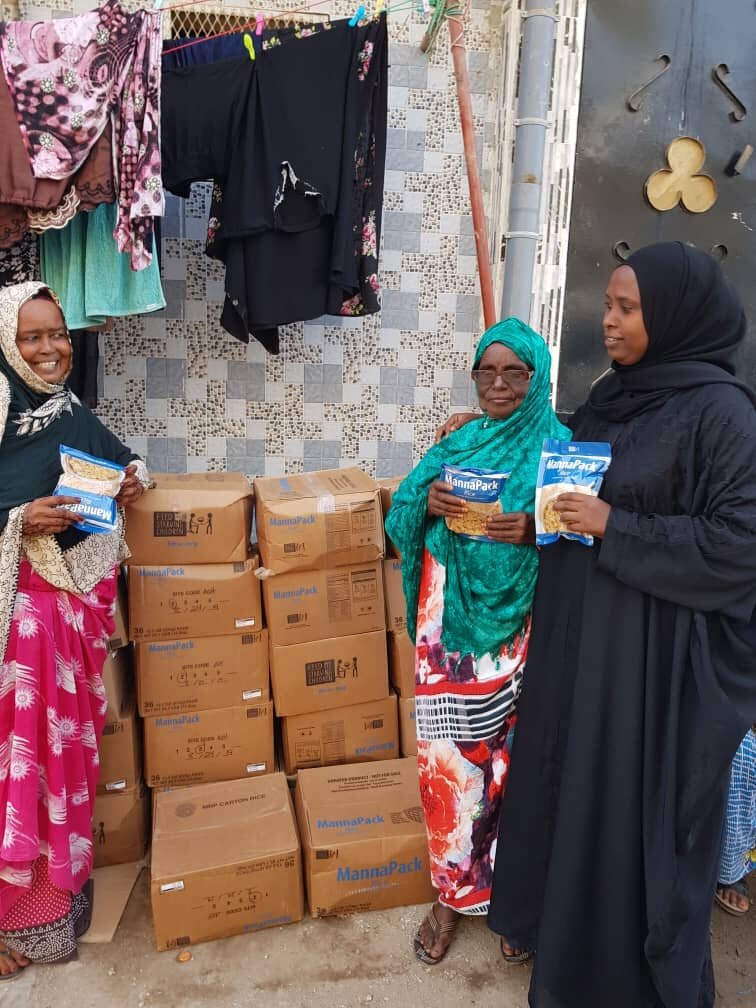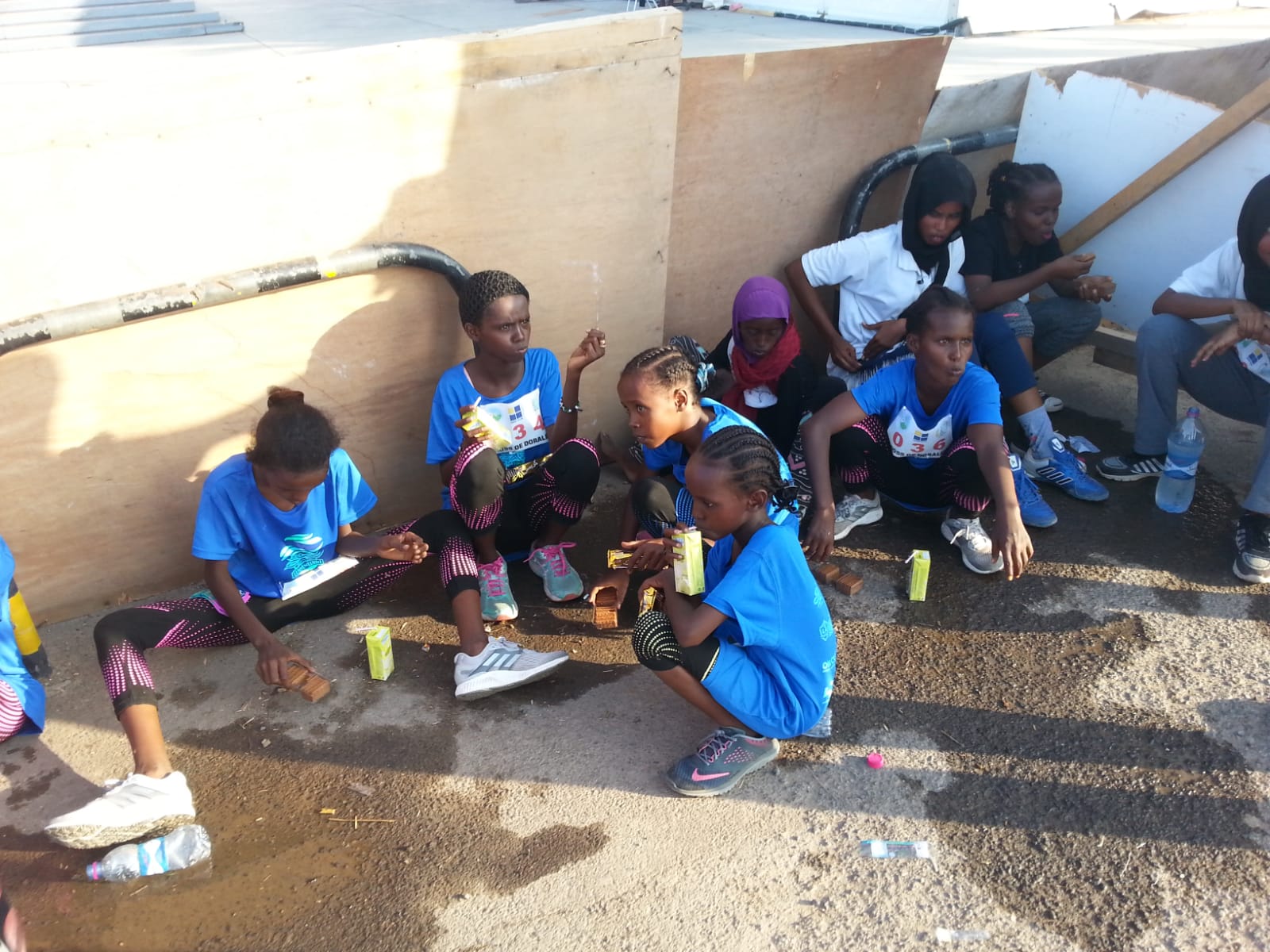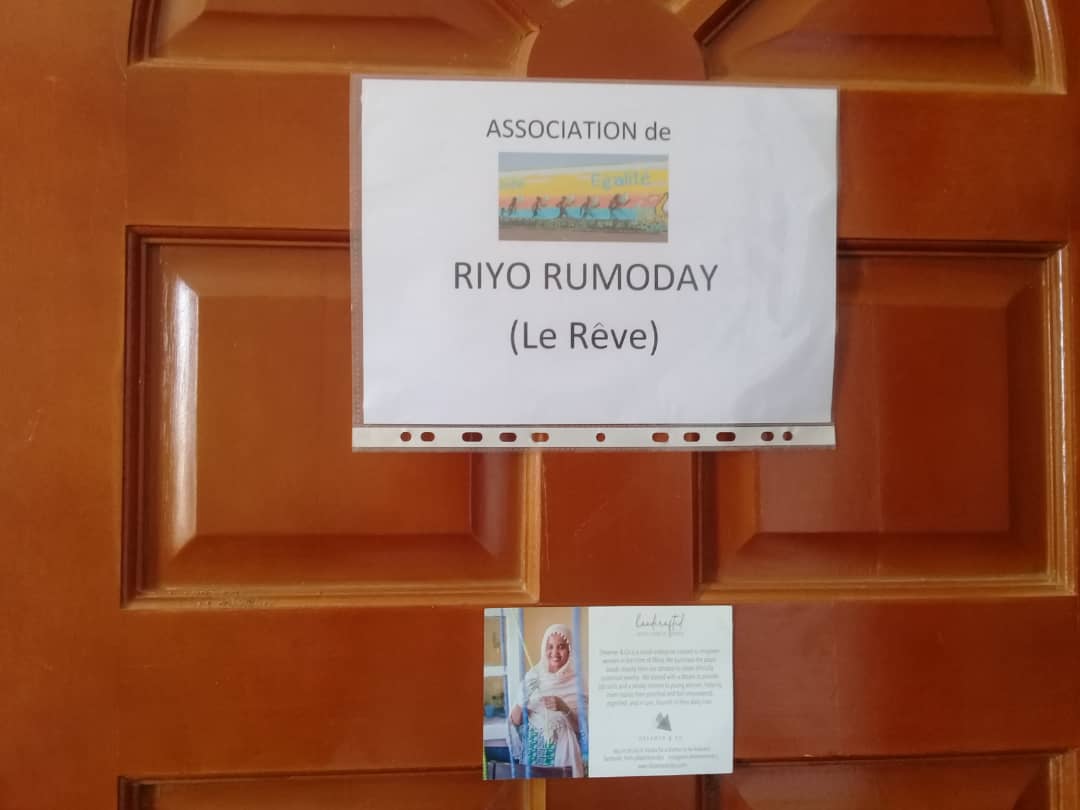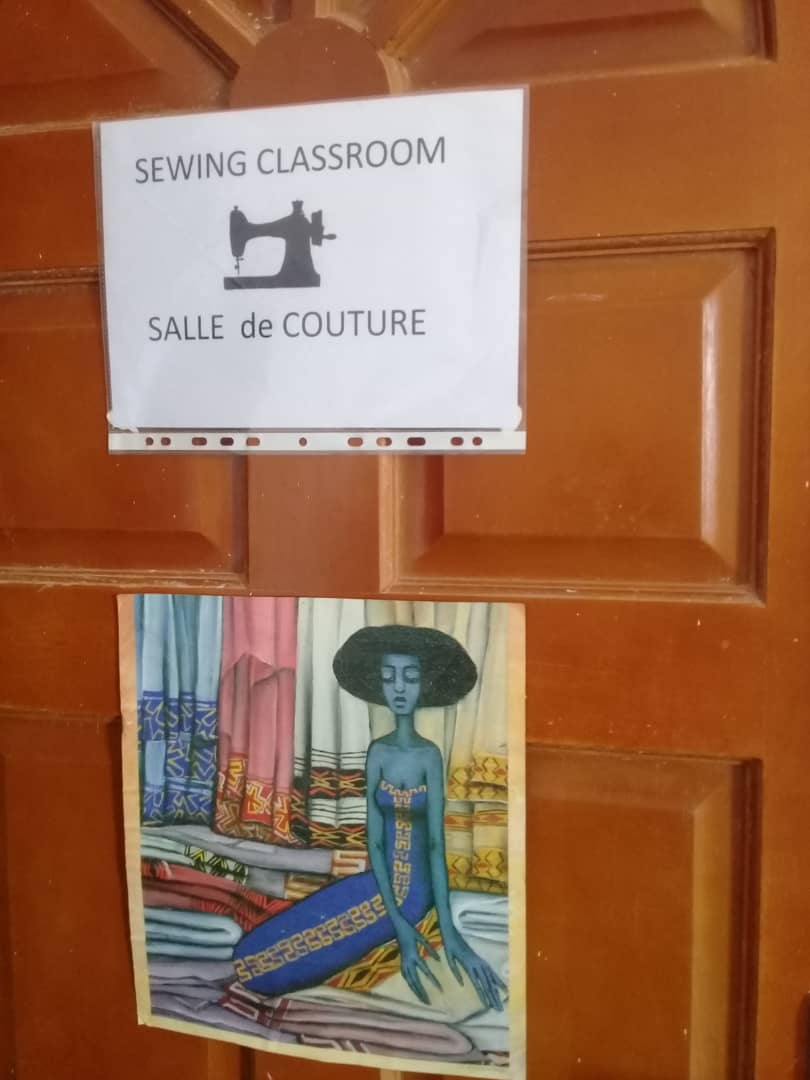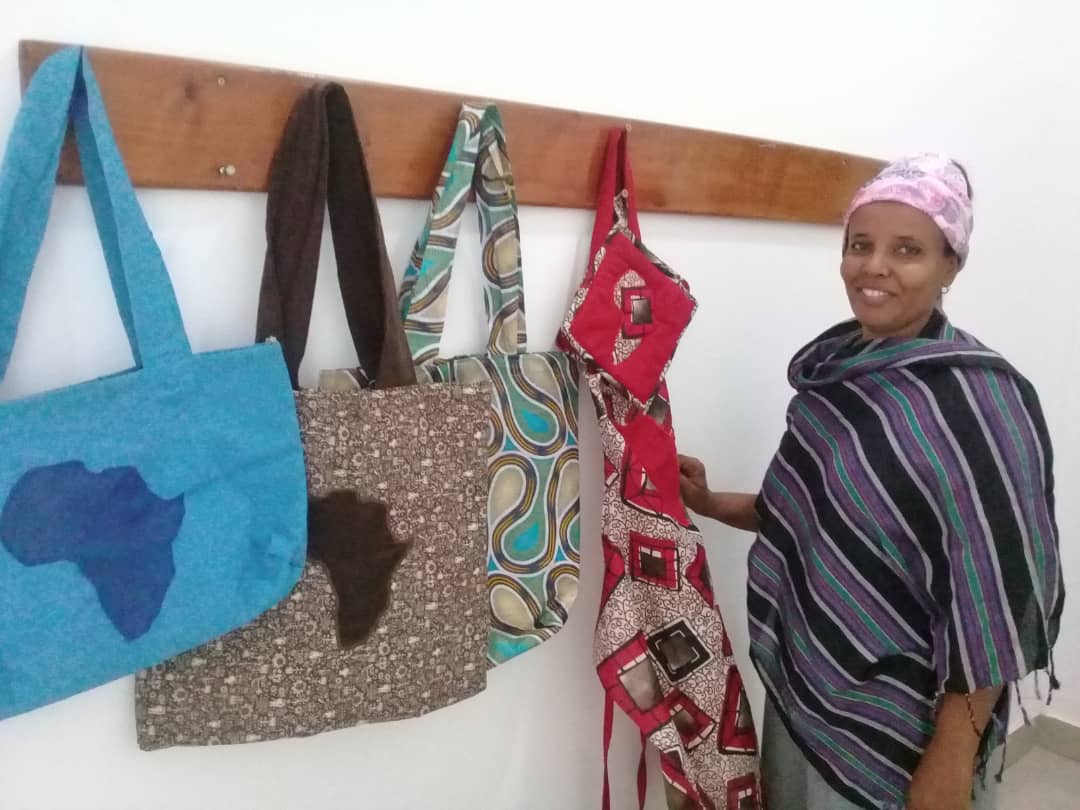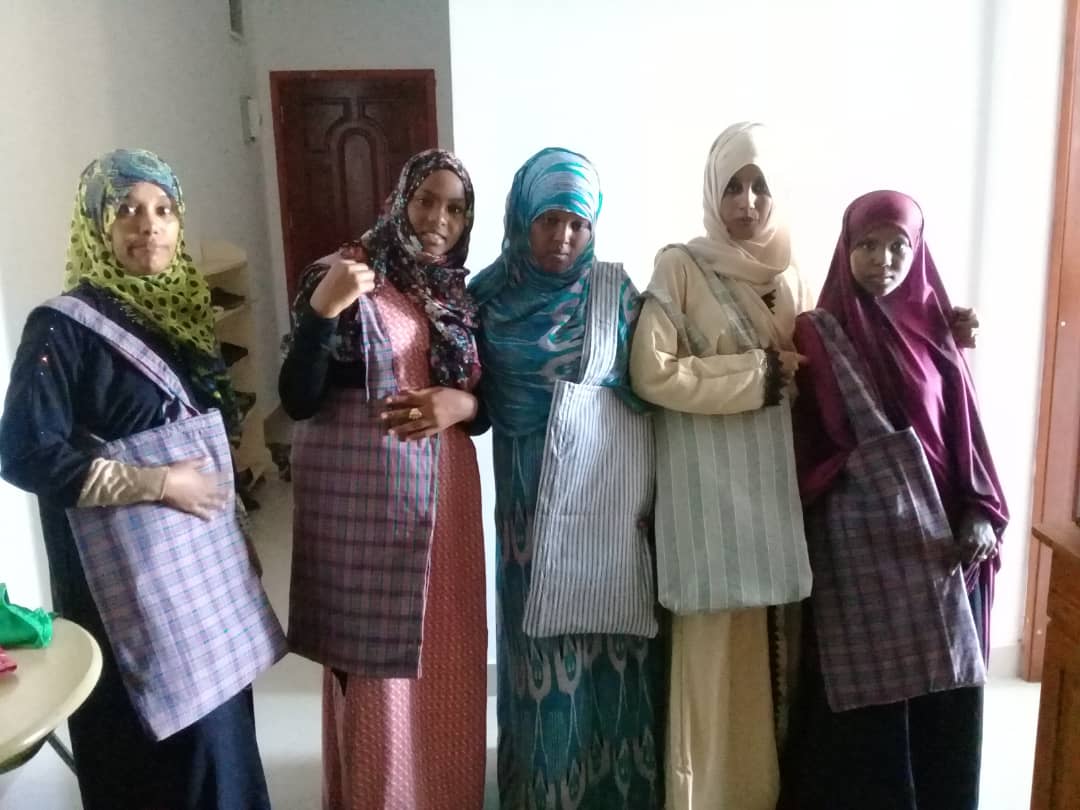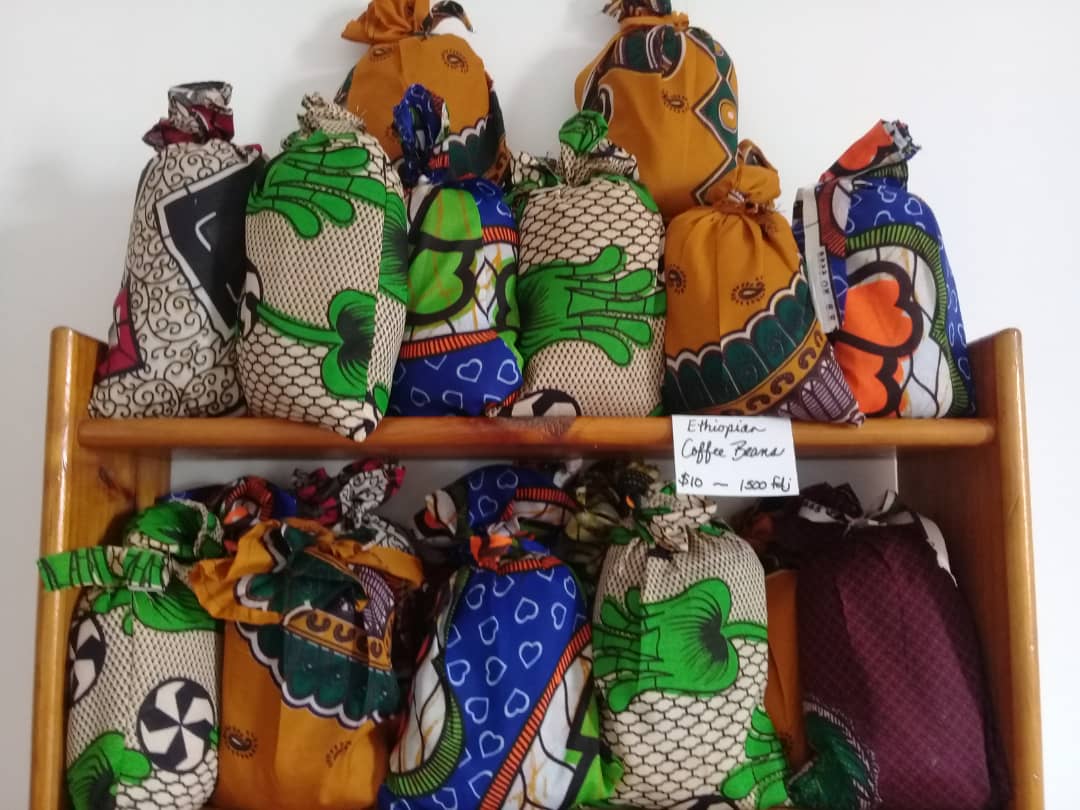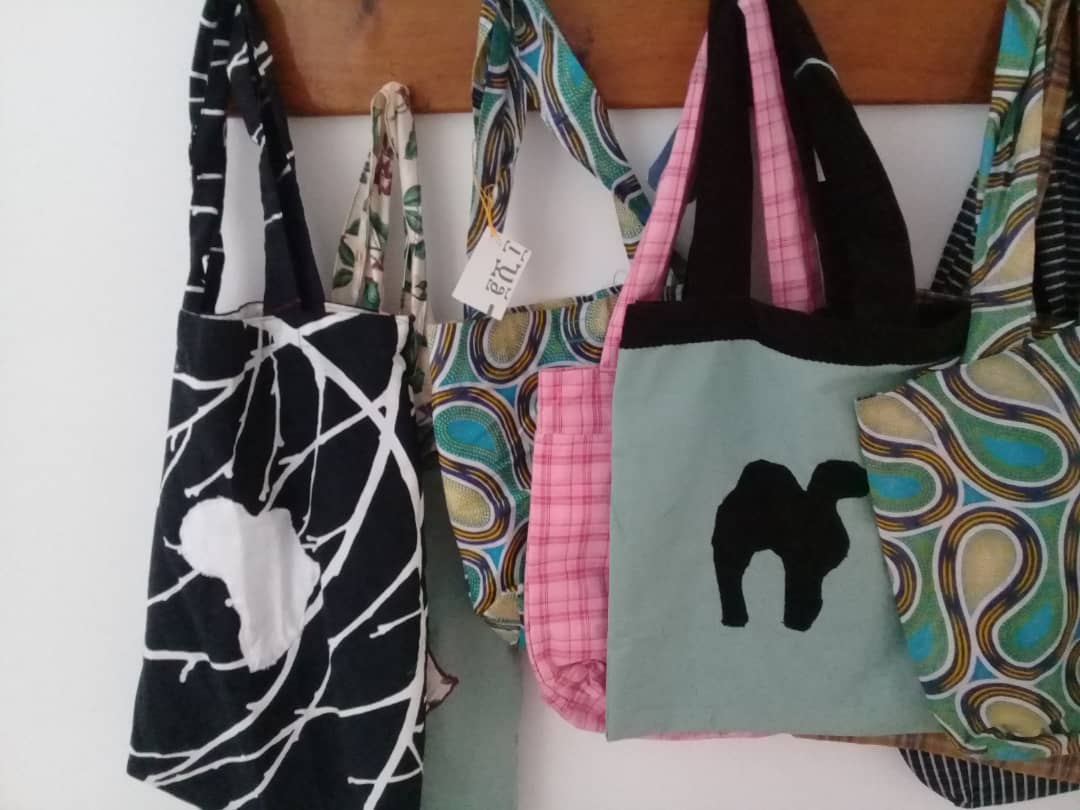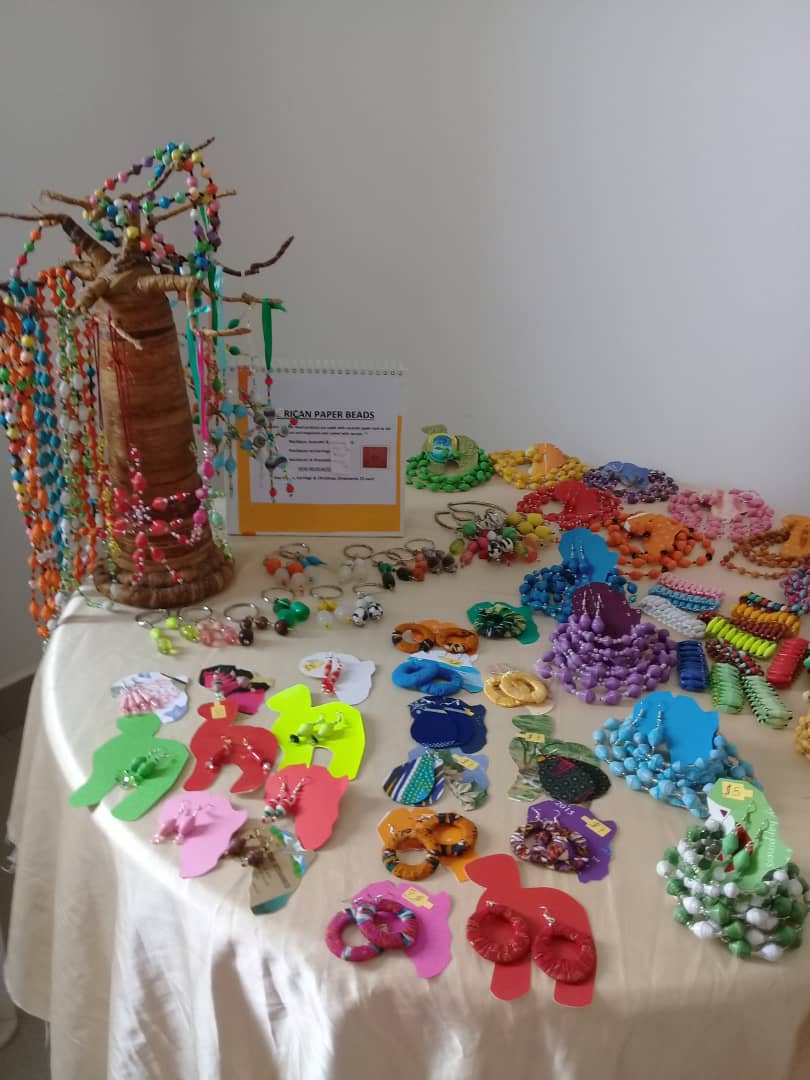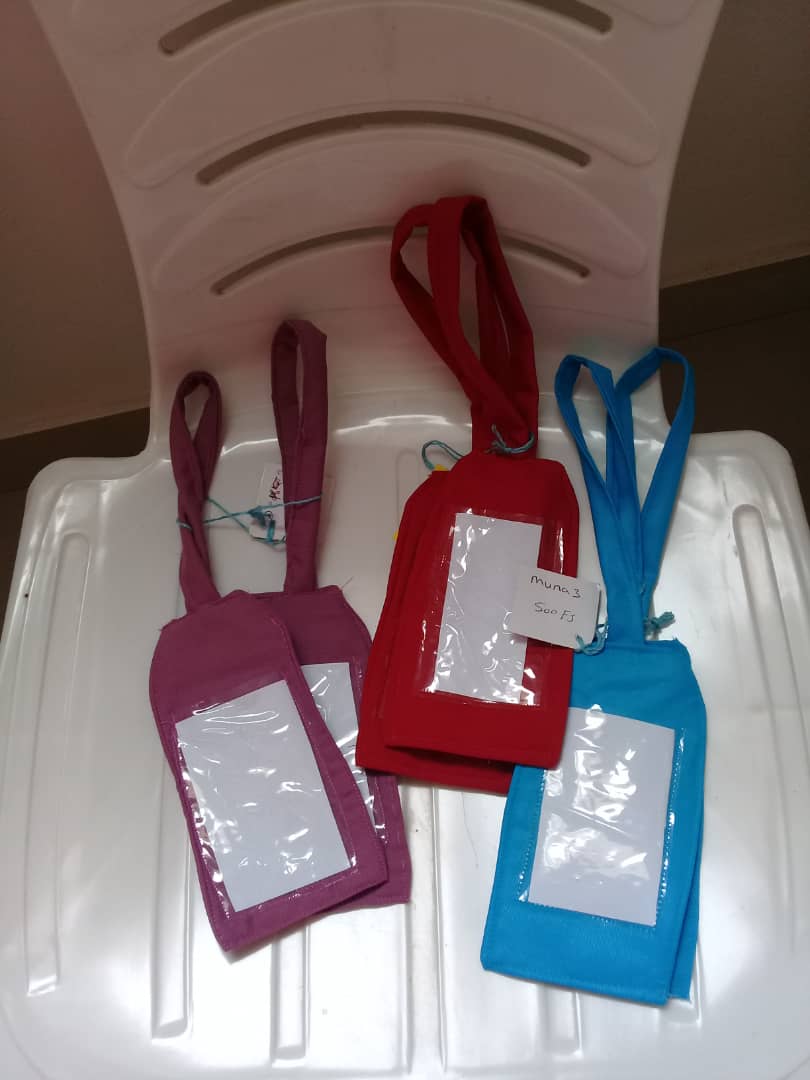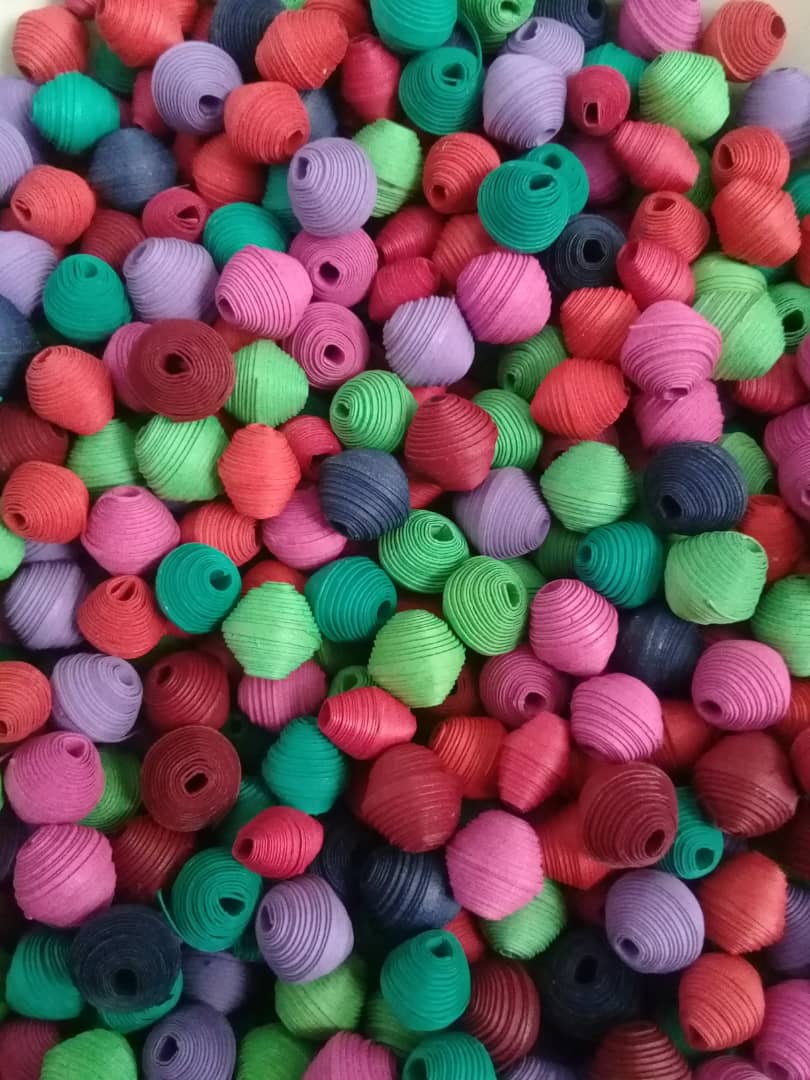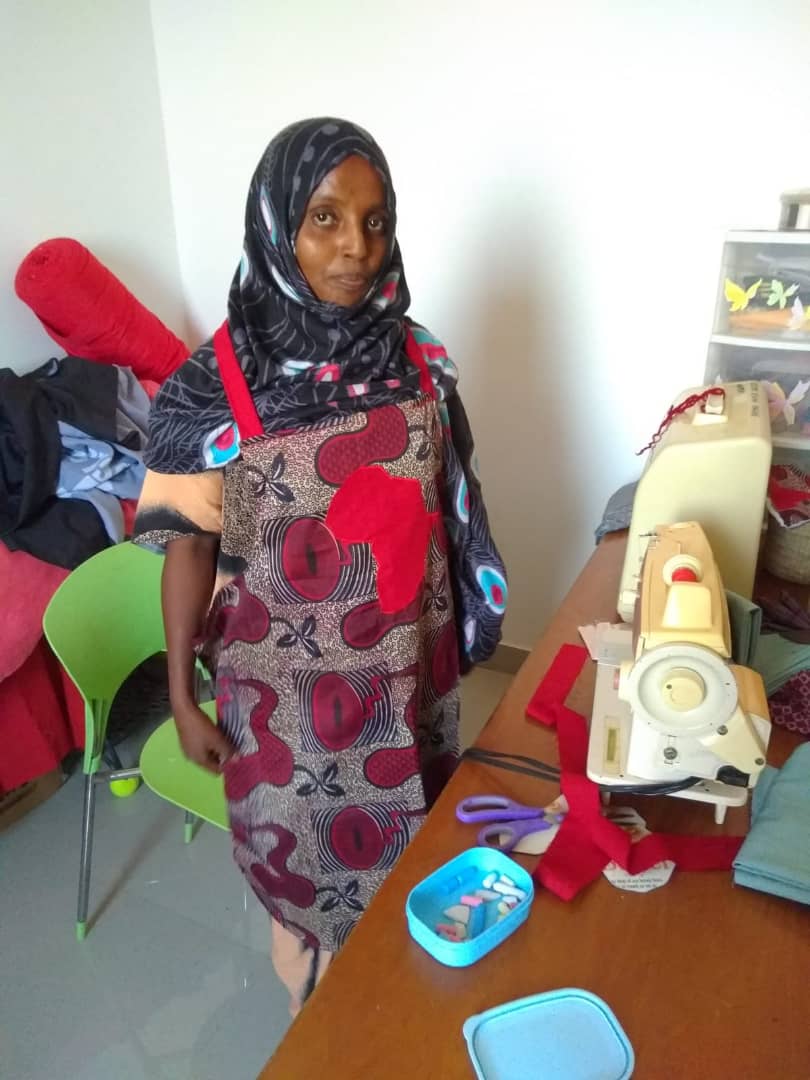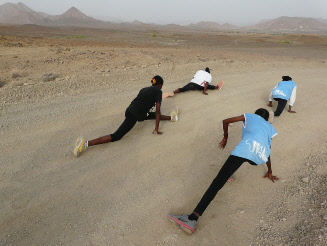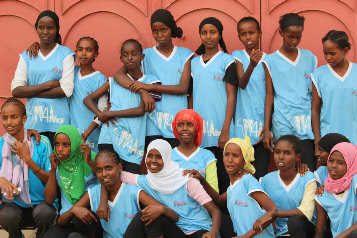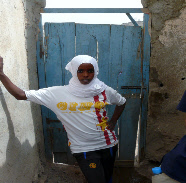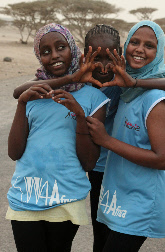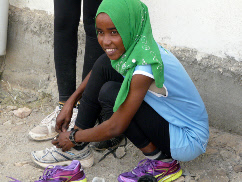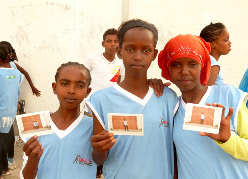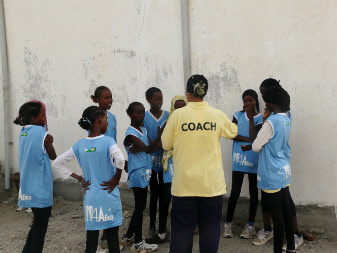
News
Latest Updates
Stay up to date with all the amazing work of L.I.F.E
More stories from L.I.F.E
Distribution of Supplies to IDP Camps in Puntland
In consultation with the Ministries of Education, Health and Youth and Sports, most the current consignment is planned be dispatched to a location that has been suffering from drought. This area is often neglected because of its remoteness as well as its disputed land. This has caused brief and politically intense conflicts, which have been both deadly and devastating.
“The reoccurrence of clan and political conflicts, periphery, prolonged droughts and population growth, as result of natural growth with limited resources has led poor condition to the people. According to the UN and INGOs reports, most of the people are living in significantly difficult circumstance. School enrolment rate is low comparing other towns and due to the absence of adequate teaching materials, facilities and skilled teachers. Although the town has several private clinics, the general hospital, which is the only public hospital in that area, is not equipped as needed.” – Staff who works and lives in country
In response to those circumstances, the aid was intended to benefit an estimated 700 students of different age groups two orphanage centers and schools, and for each student to receive a CarePack.
Also, each student received rice packs that would last each of them two months. We also gave one orphanage center 3 boxes of soccer balls, and the the other 5 boxes were turned over to the Ministry of Labour, Youth and Sports (MoLYS) and distributed throughout the region.
Other donations included 20 boxes of blankets that were donated to the same students as well as people in the neighborhood. Other items of the supplies included wheelchairs, mobility carts and mixed mobility supplies which benefited over 180 disabled people in two towns.
Nearly 273 of the drought-affected people in these towns and their families benefited from the used clothing and blankets. The other donations included nearly 5000 items of disposable medical supplies that went to health facilities in the same districts.
Planning the distribution of supplies with local authorities
Prior to the arrival of the supplies, the local NGO consulted with the Ministries of Education and Health and Youth and Sports in planning the distribution of the donated items. They agreed to undertake a joint distribution of items. The Ministries also advised to target the new supplies to the orphanage center and 6 schools, 2 community health centers in one town, and the general hospital and other 4 health clinics in the surrounding settlements. After the identification of the beneficiaries and distribution plan was agreed, the transport and the delivery of the supplies to the targeted schools/centers was conducted.
Distribution and supply delivery to the targeted centers
The supplies were disturbed at an orphanage center and the community health centers by a team composed of the local community, local authority, and field staff as per the agreed distribution plan. A launching event was held at the main orphanage center where representatives from the regional education ministries, religious scholars, and our NGO as well as other guests attended. The Mayor of the town officially launched the distribution handing out supplies to the orphanage. After 5 days of work, the team went to another town and distributed supplies to those families affected by drought living in IDP camps.
Beneficiaries were also able to express their appreciation towards the relief distribution stating that this was a much needed but unexpected humanitarian act. Particularly, the orphaned children who appreciated the distributed supplies. Also, the administration and teachers of the schools and health centers were very thankful. They said the bringing the supplies to the orphan center was very thoughtful and the children were indeed worthy and deserved to get these highly nutritious supplies.
Fartuun is a 47 year old single mother who has been greatly affected by the drought. She lost all of her animals in the drought and has migrated to the nearest city in hopes of finding a better place to live. She received used clothes, rice bags, and blankets.
“We were caught by surprise at just how quickly this drought has returned. The time for people to recover has been halved and has been continuing to decrease every single season,” she said. “Ultimately, it’s a climate crisis, but we are very grateful for this quick response/aid especially blankets, rice, and used clothes since I will be able to dress decently.”
The rice and beans she received will ensure that the herself and the kids can fight malnutrition.
Hassan is a 45-year-old man who is crippled and has been using his hands while dragging his body along the ground in order to move. He was given a Pet Cart and was overjoyed that he no longer had to crawl on the dirty, dusty roads. “There is no other day I’m happier than today and I’m grateful for the mobility cart you provided me in order to move.”
Eight year old Howa is an orphan and is a student at the orphanage school. She lives with her aunt is very old, but supports her in her life and encourages her to get an education. She received soccer balls and CarePacks and was so happy along with her other classmates to receive new items for school. “Me and my classmates are very grateful and morally happy.” She said.
Sewing Class Completes First Project
Our level 1 sewing class in Djibouti completed one of their first projects of making bread bags. These bags are made from recycled flour sacks and local fabric. The skills they learn in making the bags allows them to make more and sell them in local markets. We have the women learn how to make bread bags because bread is a staple for every family in Djibouti and there doesn’t exist a product like this in the local markets.
First Race for 2018-2019 GirlsRun2 Team
Our 2018-2019 running season has begun! If you aren’t familiar with our Girls Run 2 program, then check out the website for more info.
One of the first races of the year was a race through the capital city of Djibouti.
One of our runner’s dad is a police officer and when she saw him at the race she was so excited!
We are so thankful for all your donations to the team. We rely on generous finaical gifts and gifts in kind like shoes, clothes, vitamins, and more to help us supply each girl on the team with uniforms, practice outfits, proper running shoes, nutritious food, and money for medical and school fees. You can donate to Girls Run 2 here.
Fall 2018 Project House
This year our Project House took on a new project—moving buildings! After months of searching we finally found a place to house our expanding classes, and hopefully will give us room to grow!
The women held an open house for the community to come by and shop their goods, like jewelry, bags, coffee, and more. We are so proud of these ladies and the skills they are learning to better their families and lives.
Fall 2017 Project House Classes Have Started!
Our project house in Djibouti has started their fall training classes. The project house is a place where young women, chosen and vetted by our local staff, come and learn valuable skills such as sewing and baking. Currently the girls are working on sewing camel bags. These bags are made from left over fabric donated to LIFE. The insides are lined with flour bags, which makes them easy to wipe clean. On the outside the girls trace and cut out shapes like camels and the continent of Africa. These bags are then sold at local bazaars.
The Fall 2017 sewing class!
One of the bags the girls are learning to make
One of the summer partcipants learning how to sew
US State Department Helps Fund Sewing Project
Financed by the American State Department through the Julia Taft Fund, Local Initiatives for Education (L.I.F.E.) was able to provide a place for 60 students from different parts of the refugee camp to come and learn how to sew. The students, in groups of 20, work three hours a day for three days a week. The students begin with little or no experience in sewing, and are taught by former students of the sewing project. Skills taught include basic cutting, advanced clothes creating, and maintenance of the machines. In February of 2016, 43 students graduated from the sewing center. These graduates are now able to use their skills to provide an income for their family.
UNHCR Newsletter Featuring Local Initiatives for Education (LIFE)
For a detail looked at L.I.F.E.’s work inside one of the refugee camps in Djibouti, check out the link below to the UNHCR Newsletter. We have been working with a group of women to teach them various sewing projects so they can provide income for their families.
UNHCR Newsletter - Click to Read
Skills Training: Djibouti
Training is given to many groups, some in refugee camps, to enable them to earn their own income and support families.
Training is given to many groups, some in refugee camps, to enable them to earn their own income and support families. Skills include baking, sewing, making ornaments, making aloe vera soaps and making cosmetics. Trainees are taught marketing skills and sales opportunities are created to help them get started.

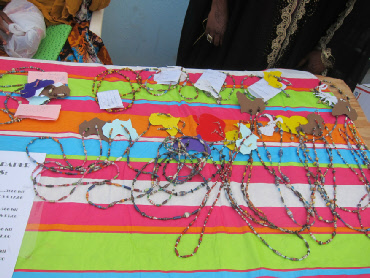
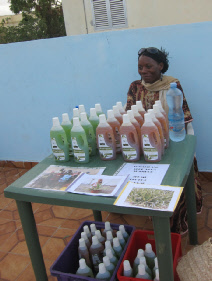
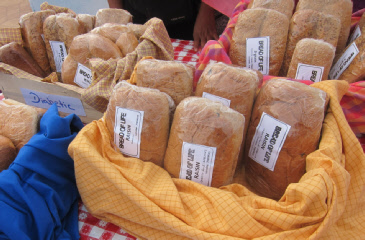
GirlsRun2 Project
GirlsRun2 is a girls running club organized to help girls from very poor homes to have an opportunity to continue their education.
GirlsRun2 is a girls running club organized to help girls from very poor homes to have an opportunity to continue their education.
A project of Local Initiatives for Education (LIFE), the GirlsRun2 program's main goal is to keep the girls in school as long as possible. Education through sports encourages these young girls to dream of bright, meaningful futures.
Challenges include nutrition, traditional practices and school fees.
This work featured in a running magazine in 2008 and in a film documentary in 2013.
Fatuma is 15 years old and runs with GirlsRun2. Her father is disabled and the family has no income. They live in challenging conditions with little hope for a better future. The GirlsRun2 program has enabled Fatuma to stay in school and receive food aid and other assistance for her family.
Halimo is 14 years old and had to leave school to watch the family's goat herd. After being harassed by local boys, her mother agreed to re-enroll her in school and let her run with GirlsRun2. Halimo is so happy to be back in school and loves to run!

Join the story
Discover how L.I.F.E empowers communities to create lasting change, restoring dignity and inspiring people to build hopeful, thriving futures.

